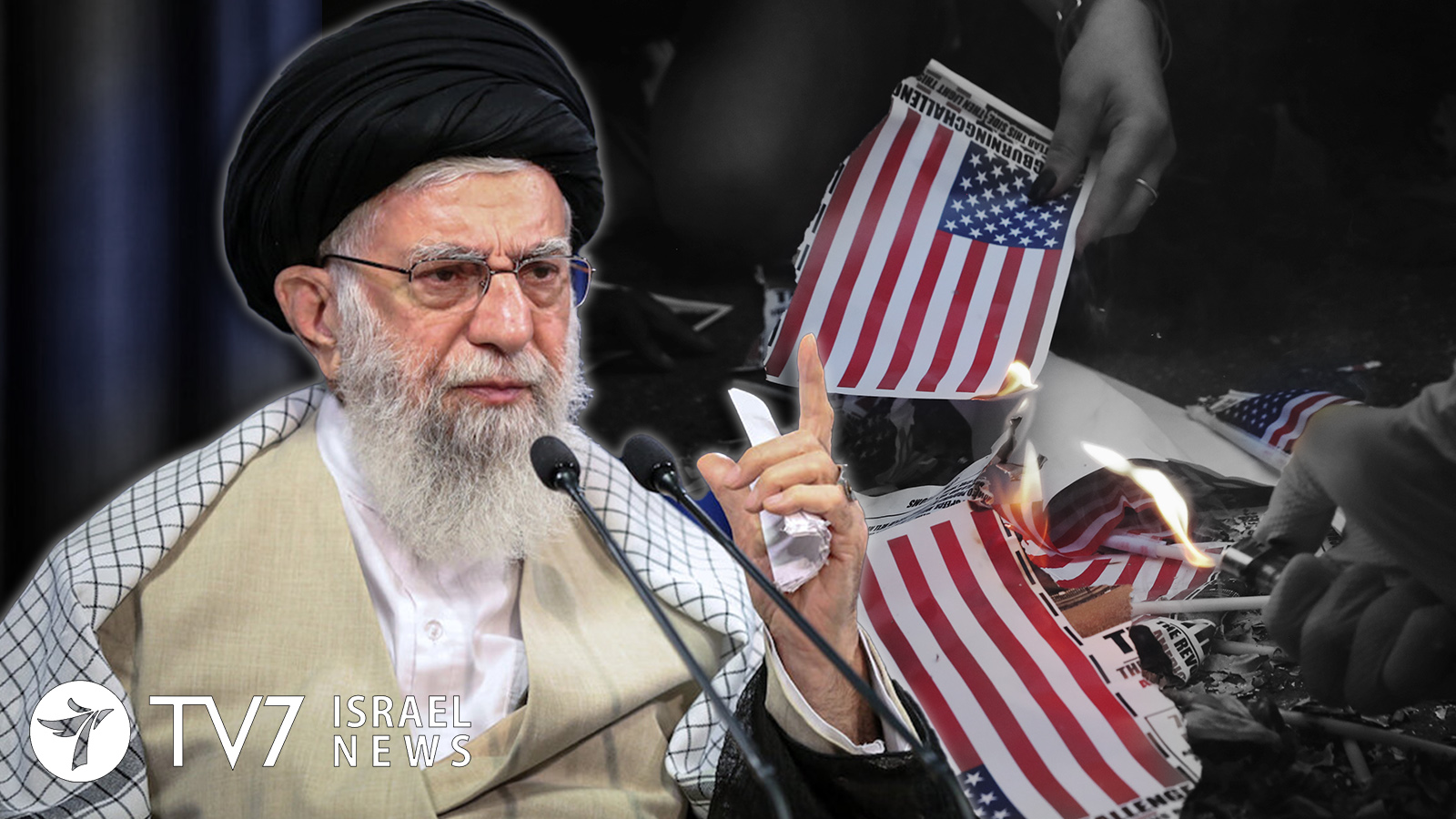Iranian Supreme Leader Ayatollah Ali Khamenei has ruled out any negotiations with the United States over his nation’s nuclear and ballistic missile programs. The move comes in the wake of several statements by senior officials in both Washington and Tehran alluding to a window of diplomatic opportunity.
In a speech broadcast live on the regime-controlled television network, the Islamic Republic’s Supreme Leader emphasized that other than the United States and Israel, he does not oppose negotiating with any nations. “It (the U.S.) says you (Iran) should leave your defense capacities, your regional power, and your national power. This is not possible. Any honorable human being who is interested in protecting the interests of the nation would not submit to such words. This is what negotiation (with the United States) would mean and which I oppose. Otherwise we negotiate with all parts of the world, except the United States and the fake Zionist regime (Israel), and we have relations with everyone, and we have no problems. This is the problem with (any talks with) America,” he said.
Despite his refusal to abandon Tehran’s nuclear ambitions and aggressive regional policies, Ayatollah Khamenei claimed that the crippling sanctions imposed by the US are not directed at his regime but the Iranian people. “The sanctions imposed on the Iranian people by the Americans are undoubtedly a crime,” he insisted, adding “It seems to be against the Islamic Republic of Iran – but in fact it is a crime against all the people of Iran.” He then asserted that, “America’s problem is that it cannot eliminate us, nor can it force us to surrender.”
The Islamic Republic’s Supreme Leader further claimed that the United States and its institutions will ultimately be undermined by domestic unrest – yet stopped short from elaborating on possible Iranian involvement. “The U.S. government create enemies in order to further its goals. Sometimes they introduce Iran as the enemy, sometimes China, sometimes Russia,” said Khamenei, asserting that in his view, “the U.S. establishment’s biggest enemy is the American people – they should not search for another enemy, and they (the American people) will eventually bring the current U.S. system to its knees.”
It is important to note the remarks by the Iranian Supreme Leader were made a day after U.S. Secretary of State Mike Pompeo testified before the Senate Foreign Relations Committee that the administration of President Donald Trump sees “the Islamic Republic of Iran for what it is: an aggressor, not a victim.”
“We’ve gone full bore on our maximum pressure campaign. Since May of 2018, we’ve slashed the vital oil revenues the regime uses for terrorism and illegal nuclear activities by 90 percent. We’ve rallied nations to our side through diplomacy – witness the designations of Hezbollah from European and South American countries. And we’ve bolstered our military readiness vis-a-vis Tehran,” said Pompeo.
The top American diplomat further stressed the need to continue to confront Tehran’s malign activities, as well as to assure that the international community continues to thwart Iranian efforts to bolster its military capabilities. “There’s more work to do. The Security Council must renew the UN arms embargo against Iran before it expires on October 18th,” said Pompeo, pointing out that, “Iran already mines ships in the Strait of Hormuz, launches missiles at Saudi oil facilities, and ships arms to the Houthis. Should the Security Council fail to act, Iran will have a freer hand to sow destruction across the Middle East – and indeed the world.”
Meanwhile, In light of the latest successful test-fire of a ballistic missile from an underground bunker by the Islamic Revolutionary Guards Corps, the U.S. Military’s Central Command, which operates in North Africa, the Middle East and South East Asia, emphasized in a written response to a TV7 inquiry that “CENTCOM remains confident in (its) ability to deter or defend against threats imposed by the Iranian regime and its proxies,” while further noting that (it) ”continues to call upon Iran to de-escalate tensions in the region.”
